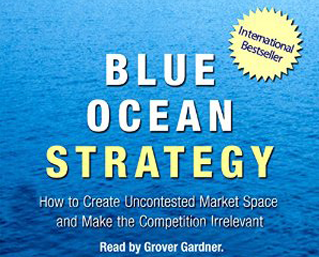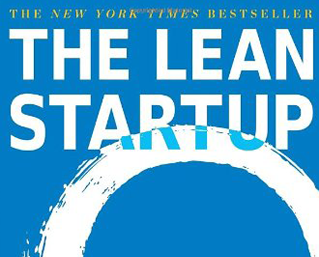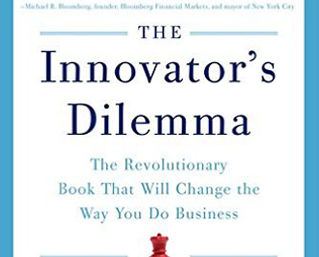Based on your answers, it looks like you’re an entrepreneur at heart. You’re on a mission to break from the traditional career path and pave your own way, while creating something long-lasting to leave behind. The checklist below highlights some of the skills you’ll need to work on over the next few years if you want to successfully start your own company. Each section of the checklist includes content that will help you dive deeper into each skill or activity.
|
|
LEARN FROM THOSE WHO CAME BEFORE YOU |

Answers to Common Startup Questions
“You can't connect the dots looking forward; you can only connect them looking backwards. So you have to trust that the dots will somehow connect in your future.”
Steve Jobs
Cofounder, Former CEO
Apple
|
|
INCREASE YOUR VISIBILITY |

Increase Your Social Reach

Build a Following as a LinkedIn Influencer
|
|
BUILD YOUR CORE TEAM |

What Your CMO Should Do in the First 90 Days on the Job

How to Avoid Costly Hiring Mistakes

8 Things to Do Before Interviewing Someone for Your Team
29 Marketing Job Descriptions
As you finalize the focus of the department, use this collection of 29 job descriptions to fill any holes in your team with top-notch marketers.|
|
OBSESS ABOUT CULTURE |

Why Culture Doesn’t Just Happen

Culture Code Q&A

At Zappos, Business Is a Flat Circle
One of the main drivers for us defining our culture was that we were looking at doubling our headcount in the coming years. So it was 2005, and if we doubled our headcount it was going to drastically change who we were as a company. So Tony Hsieh our CEO said, ‘Well, if we define this, we can then hire people who are aligned with it and the culture doesn’t have to change.’
Jon Wolske
Culture Evangelist
Zappos
|
|
THINK ABOUT THE LONG-TERM |

Scale-up Leadership Lessons From HubSpot's CEO
It turns out that many of the skills you need as the leader of a scale-up are much different than the skills you need as the leader of a startup. In startup mode, you tend to do everything fast. If you are wrong, you just roll back the decision. In scale-up mode, you have a choice: You can do things fast or do things right. There’s always a balance, but in scale-up mode, you need to shift toward doing things right more often than doing things fast.
Read the Full Article
Going From Startup to Scale-up
As painful as it was, leaning hard into our weakness was the only way to get from startup to scale-up.
Brian Halligan
CEO
HubSpot
Building a Successful Company
|
|
NEVER STOP LEARNING |
Check out these suggested books if you want to dive deeper and learn some of the most important entrepreneurial lessons.

Blue Ocean Strategy
By W. Chan Kim - This international bestseller upends traditional thinking and shows you how to win by making competition irrelevant.
Buy it on Amazon
The Lean Startup
By Eric Ries - Instead of wasting time creating elaborate business plans, this approach offers entrepreneurs a way to be innovative, agile, and test their vision continuously.
Buy it on Amazon
The Innovator's Dilemma
By Clayton M. Christensen - This provocative and important business book dives into how great companies can do everything right and still fail.
Buy it on Amazon|
|
SHARE WHAT YOU'VE LEARNED |

